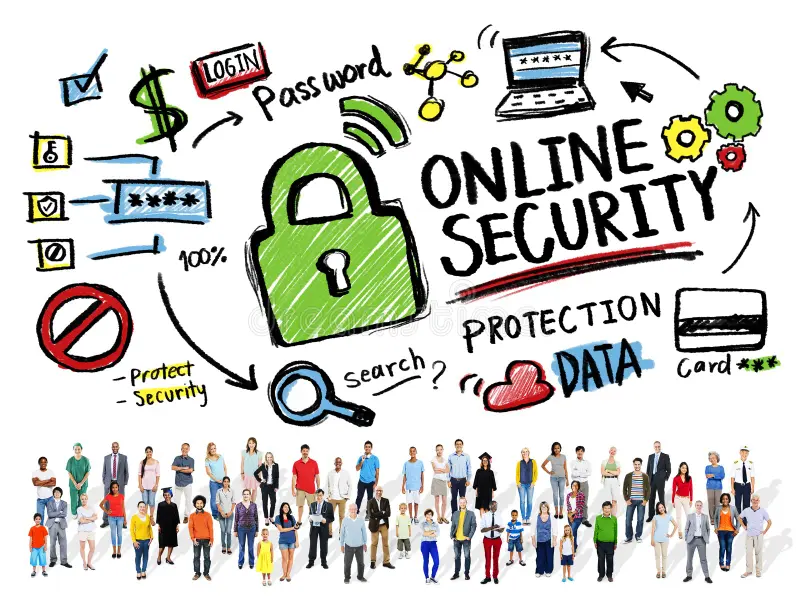

With the skyrocketing popularity of today’s social media apps and websites that kids have grown to love and can’t live without, it should come as no surprise that they come with some unintended consequences.
If you are blessed with the joy of raising internet-addicted kids such as my wife and I, you’re faced with, arguably, one of the most difficult modern parenting challenges that no generation prior to us has even had to think about. It’s easy to dismiss these apps that live in your pocket, TikTok, Snapchat, Instagram, you name it – as just a fun platform for your kids to videos and post dumb stunts with their friends. However, the sad truth of the matter is that the entire ecosystems of these apps thrive on, and make millions of dollars on children seeking validation from their peers. That can be mentally exhausting and outright dangerous for kids and parents alike.
Hundreds of studies have been published in the last decade or so highlighting these dangers as kids have become more and more connected with their cell phones, and obsessed with image. In particular, a study conducted by faculty members out of the University of North Carolina Charlotte stated that 40% [of middle school students surveyed] admitted to adding people to social media they didn’t even know, and more astonishing, 40% reported their parents DO NOT MONITOR THEIR SOCIAL MEDIA USE!
I cannot wrap my head around that last part. Most responsible parents tell their kids they are only allowed to ride their bikes to the end of the road, or can only be out until a certain hour, but when they pull their cell phone or tablet out, it’s like the Wild West.
1. Monitor
The number one mistake, in my opinion, that parents are doing wrong, is not monitoring their children’s internet usage. You should be checking their history, knowing what social media sites they are using, taking a look at who they are talking to, who they are friends with, what they are posting, etc…
I know this may seem daunting or even controlling, but the fact of the matter is how can you talk to your kids about safety when you don’t even know what they are doing on the internet, to begin with?
2. Set rules
Now this one is tricky depending on the age of your child, you don’t want to be overly restrictive because well the matter of the fact is that most kids have a lot of freedom with social media, and you don’t want to alienate your child from their peers also. There’s a healthy balance here that needs to be observed.
I can only speak to my household but we heavily restrict YouTube to only acceptable, educational channels that I have personally vetted myself, and we just outright ban TikTok, Facebook, Instagram, Snapchat, and others. This was a personal choice between my wife and I in an effort to allow our kids the ability to grow without the constant doubt that everything they post is being judged by their friends. Is this picture good enough? Will the boy I like see it? Will I get made fun of in class? What if nobody likes my video? This constant stress is not good for a developing child, they should be focused on living for themselves, not other people.
3. Educate
Another very important tip is to have these talks with your children. Tell them that social media “influencers” and the celebrities they follow are almost always using filters, photoshop, trickery, makeup, and more to make themselves appear “perfect”. Also, have your kids understand that what they are seeing is only a highlight reel of what they want you to see. These people aren’t posting pictures on their bad hair days, they want you to see the glorified fake side, not the side that makes us human.
Summary
To wrap things up, raising children in the internet age is hard. Nobody knows the true long-term effects of social media and the warped perception of reality they give children and teenagers. I believe wholeheartedly that governments need to step in to regulate social media the same way they have with advertising harmful products to children on television, the alcohol and tobacco industry, and countless things that we know are or can be harmful to children and teens.
For now, it’s up to us as parents to try our best to regulate, educate, and monitor what our kids are doing online. Make sure to set rules, follow through with them, stay educated on the new trends and apps that are being released daily and have conversations with them. Make sure they are aware of the dangers and make sure to tell them it’s not all about who has the most likes and attention online.
References
Martin, F., Wang, C., Petty, T., Wang, W., & Wilkins, P. (2018). Middle School Students’ Social Media Use. Journal of Educational Technology & Society, 21(1), 213-224. Retrieved June 16, 2021, from http://www.jstor.org/stable/26273881


